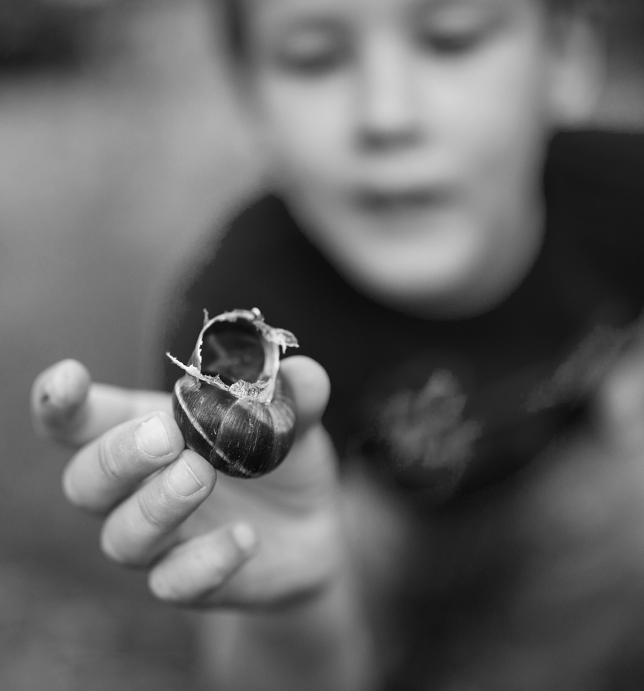Disconnection and recommendations for reconnection

Profound changes are occurring in the American public’s connections to nature, the outdoors, and wildlife. Participation in traditional nature-based recreation is stagnant or declining, Americans are spending more time indoors, and they are using electronic media more than ever before. At the same time, there is growing evidence that human health and well-being depend on beneficial contact with nature. To better understand and foster Americans’ relationship with nature, Dr. Stephen Kellert and DJ Case & Associates conducted an unprecedented study of nearly 12,000 adults, children and parents across the United States in 2015-16.
Three different research methods were used, each closely integrated with the others.
- 15 focus groups with a sample of 119 adults in major cities in Florida, Texas, California, Illinois, and New York
- Online survey of 10,156 adults across the country: 5,550 in the US as a whole + a separate sample of 2,227 adults in Florida + a separate sample of 2,379 adults in Texas
- Interviews with 771 children ages 8–12 and an online survey of one of each of their parents in Florida, Texas, California, Illinois, and New York
The study provides hundreds of insights into adults, children, parents, and key demographic groups on topics such as:
- American adults' and children’s interests in nature, values of nature, and various nature-related behaviors, memories, and influences
- Barriers and facilitators to contact with nature
- Support for nature-based programming and attitudes toward conservation
- Variation across race and ethnicity, residential location, age, political views, and more
With these results, the conservation community will be better equipped to provide the programs and services needed to connect Americans and nature, for the benefit of both.
